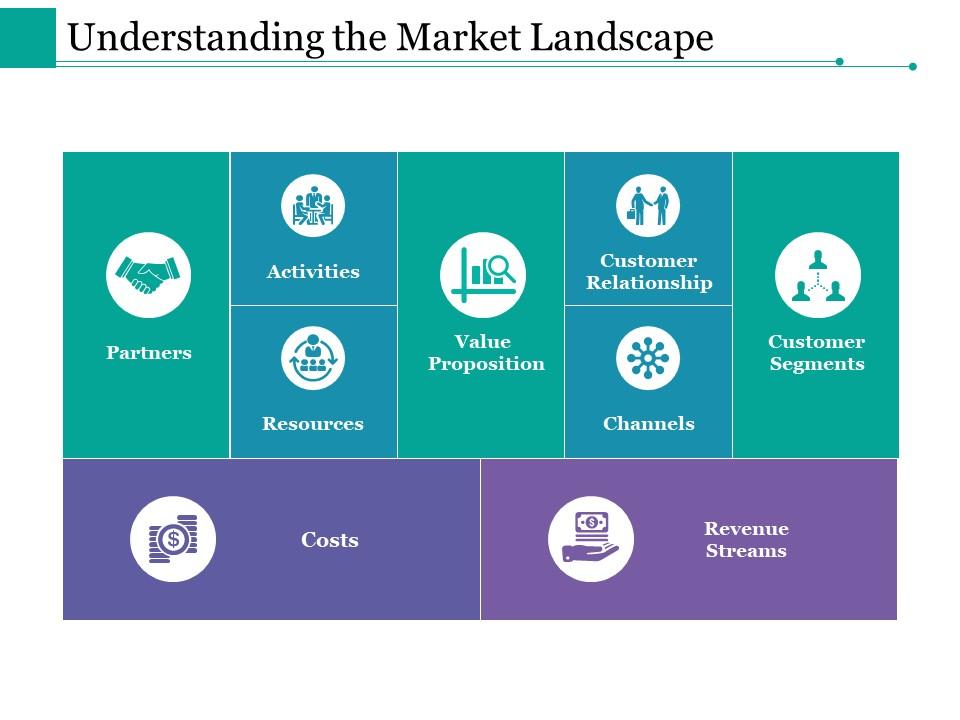Navigating the Trading Landscape: Understanding Share Market Holidays in 2025
Related Articles: Navigating the Trading Landscape: Understanding Share Market Holidays in 2025
Introduction
With enthusiasm, let’s navigate through the intriguing topic related to Navigating the Trading Landscape: Understanding Share Market Holidays in 2025. Let’s weave interesting information and offer fresh perspectives to the readers.
Table of Content
Navigating the Trading Landscape: Understanding Share Market Holidays in 2025

The world of stock markets operates on a complex calendar, punctuated by periods of closure known as market holidays. These closures are not mere interruptions to trading but significant events impacting market dynamics and investor strategies. Understanding the schedule of these holidays is crucial for anyone involved in the stock market, whether seasoned traders or novice investors.
This comprehensive guide delves into the share market holidays anticipated for 2025, providing insights into their origins, implications, and strategies for navigating these periods.
The Importance of Share Market Holidays
Share market holidays are not arbitrary occurrences but stem from various cultural, religious, and national observances. These closures are crucial for several reasons:
- Facilitating Observance: These holidays allow market participants to participate in significant cultural and religious celebrations without interruption to their trading activities.
- Ensuring Market Integrity: Closure periods allow for system maintenance, data updates, and security checks, ensuring the smooth functioning of the market infrastructure.
- Providing Market Respite: Holidays provide a temporary break from the constant fluctuations of the market, allowing investors and traders to reassess their strategies and make informed decisions.
A Detailed Look at the 2025 Share Market Holiday Calendar
While specific dates may vary slightly depending on the particular exchange, the following provides a general overview of the anticipated share market holidays for 2025:
January:
- New Year’s Day (Observed): The first trading day of the year is often impacted by a delayed opening or closure due to the New Year’s Day holiday.
February:
- Presidents’ Day (Observed): This holiday commemorates the birthdays of George Washington and Abraham Lincoln, often resulting in a shortened trading day or complete closure.
March:
- Good Friday: This Christian holiday, marking the crucifixion of Jesus Christ, is observed as a market holiday in many countries.
- Easter Monday: Following Good Friday, Easter Monday is another widely observed Christian holiday that impacts trading schedules.
April:
- Memorial Day (Observed): This holiday honors those who died while serving in the U.S. Armed Forces, often resulting in a shortened trading day or closure.
May:
- May Day: Observed in various countries, this holiday celebrates the labor movement and often impacts trading activities.
June:
- Juneteenth (Observed): This holiday commemorates the emancipation of enslaved African Americans in the United States, potentially impacting market operations.
July:
- Independence Day (Observed): This national holiday celebrating the United States’ independence is often associated with a shortened trading day or closure.
August:
- Labor Day (Observed): This holiday honors the achievements of working people, often leading to a shortened trading day or closure.
September:
- Labor Day (Observed): Observed in various countries, this holiday celebrates the labor movement and often impacts trading activities.
October:
- Columbus Day (Observed): This holiday commemorates Christopher Columbus’s arrival in the Americas, potentially leading to a shortened trading day or closure.
November:
- Veterans Day (Observed): This holiday honors military veterans, often resulting in a shortened trading day or closure.
- Thanksgiving Day (Observed): This holiday celebrating the harvest is often associated with a shortened trading day or closure.
- Black Friday: While not a traditional market holiday, Black Friday, the day after Thanksgiving, often witnesses increased trading volume due to post-holiday retail sales.
December:
- Christmas Day (Observed): This holiday celebrating the birth of Jesus Christ is widely observed as a market holiday.
- Boxing Day (Observed): Observed in some countries, this holiday traditionally follows Christmas and often impacts trading schedules.
- New Year’s Eve (Observed): The last trading day of the year may be shortened or closed due to New Year’s Eve celebrations.
Navigating Market Holidays: Strategies and Tips
Understanding the schedule of market holidays is crucial for informed trading decisions:
- Plan Ahead: Always factor in potential holiday closures when planning trades. Avoid placing orders on days preceding or following holidays, as trading volume and liquidity may be significantly reduced.
- Stay Informed: Subscribe to market news alerts and notifications to stay updated on any last-minute holiday announcements or schedule changes.
- Consider Alternative Trading Strategies: Explore options trading, futures contracts, or other instruments that may offer trading opportunities during holiday periods.
- Review Your Portfolio: Take advantage of holiday closures to review your portfolio, adjust your investment strategy, and identify potential opportunities for the upcoming trading year.
FAQs on Share Market Holidays
Q: What happens to stock prices during market holidays?
A: Stock prices are generally not affected by market holidays. However, trading volume and liquidity may be significantly reduced, impacting price movements in the days leading up to and following holidays.
Q: Can I still buy or sell stocks during market holidays?
A: No, stock exchanges are closed during market holidays, and no trading is allowed.
Q: Are there any exceptions to market holidays?
A: While most exchanges adhere to a common holiday schedule, there may be occasional exceptions for specific exchanges or markets. It’s essential to consult the official calendar of the relevant exchange for accurate information.
Q: How can I find the official market holiday calendar for 2025?
A: The official holiday calendars for major stock exchanges are usually published online on their respective websites. You can also find this information through financial news websites and market data providers.
Conclusion
Understanding the schedule of share market holidays is essential for navigating the trading landscape effectively. By being aware of these closure periods, investors can plan their trades strategically, avoid potential pitfalls, and capitalize on opportunities. Staying informed, planning ahead, and adapting to market conditions are key to navigating the complex world of stock market holidays.








Closure
Thus, we hope this article has provided valuable insights into Navigating the Trading Landscape: Understanding Share Market Holidays in 2025. We appreciate your attention to our article. See you in our next article!